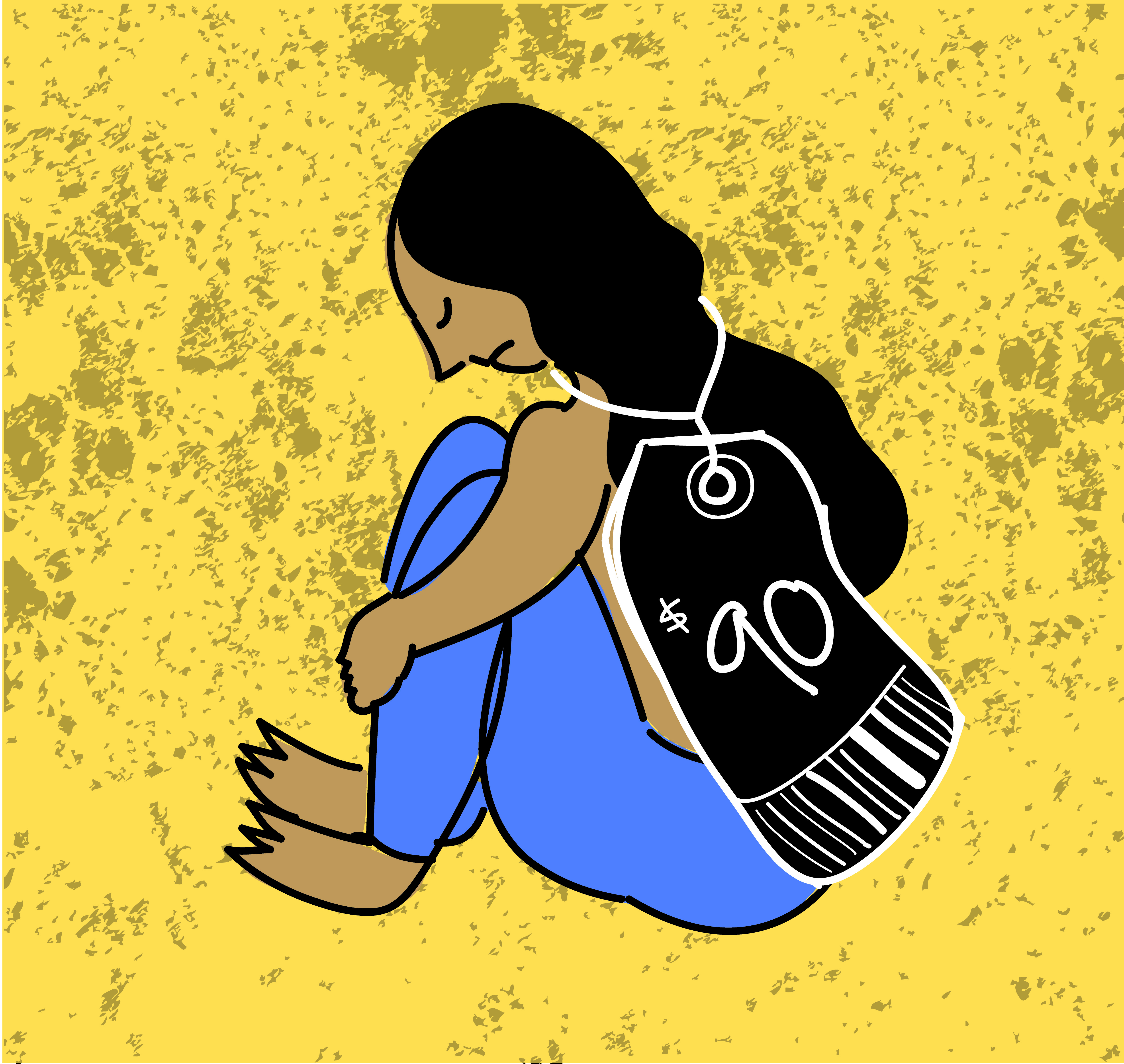Amber Stevens was just a normal girl who, like many teens, would sneak out of her parent’s house to find a good party. Her world is suddenly shrouded in violence when she’s kidnapped for eight days while her community searches for her.
These true events formed the plot of “8 Days,” a film produced by Dallas-based After Eden Pictures. It premiered in September 2014 and will be shown in local theaters in the next few weeks for Human Trafficking Awareness Month.
“I think this story is just so important to be told because not many people realize that things like this happen,” said Nicole Smolen, the lead actress in the film.
Smolen plays the main part of Stevens, a 16-year-old middle class girl who goes to a party where she gets drugged and sexually assaulted, then sold to human traffickers.
Bill Holston, UTD alumnus and president of the Human Rights Initiative in Dallas, said human trafficking is the transportation of human beings against their will for illegal purposes. Essentially, he said, it’s an aspect of modern slavery.
“It’s been said that there’s more slavery today than there was in the 19th century, and the statistics bear that out if you count all of the people that are being exploited in the labor market,” he said.
While the problem is seemingly rampant in the country, statistics are muddy. One estimate by the U.S. State Department stated there might be 20 million victims to account for. Around the past year, 44,000 survivors have been identified.
A report released in June 2014 by the State Department titled “Trafficking In Persons Report” bears the heavy facts of the issue. For one, there are several types of human trafficking and individual stories vary. It also says that sex slavery and prostitution are not the same because those who are trafficked are sold against their will, and one of the most vulnerable populations to sex slavery is the lesbian, gay, bisexual and transgender community.
Another common form of human trafficking is in the labor context, Holston said. Victims are promised a certain type of job in order to immigrate to the United States. Then, they’re forced into labor upon arrival and have their passports taken away to live as slaves because their ability to leave is prohibited by the trafficker.
The traffickers can be pimps, laborers and contractors in agriculture as well as manufacturing, Holston said.
Public affairs senior Aysha Khan is a member of Ignite, a national group that empowers women with political ambitions and is the cofounder of the UTD chapter. While the group is not actively holding an event for January, she said that Rolando Lopez, a former FBI agent, came to speak in November about the clandestine world of sex slavery.
“I think the biggest thing I learned was that human trafficking is everywhere,” Khan said. “It’s in Dallas, it’s all over America and just because we don’t see it doesn’t mean it’s (not) happening.”
Lopez told students about his experience with uncovering human trafficking operations, Khan said. He founded a nonprofit called Orphan Secure that works with local and federal authorities to save children from human traffickers. He also brought to the lecture a survivor, who chose not to have her name revealed, Khan said.
The survivor told students her story about how she thought she was just in a relationship with a man who ended up selling her in the sex trade. Now free from servitude, she has a job, goes to school and has a family.
“It’s not like you always see in the movies, and the victims of human trafficking sometimes don’t even know they’re being trafficked,” Khan said.
If you or someone you know is in a situation where your life is being threatened by human trafficking, call 911 or the Human Trafficking Resource Center at (888) 373-7888 or text “HELP” or “INFO” to 233733.
For more information on Ignite, see the group’s Facebook page at “Ignite – UTD.” For more on Orphan Secure, go to the website at orphansecure.com, and for information on “8 Days,” see findamber.com.

Leave a Reply